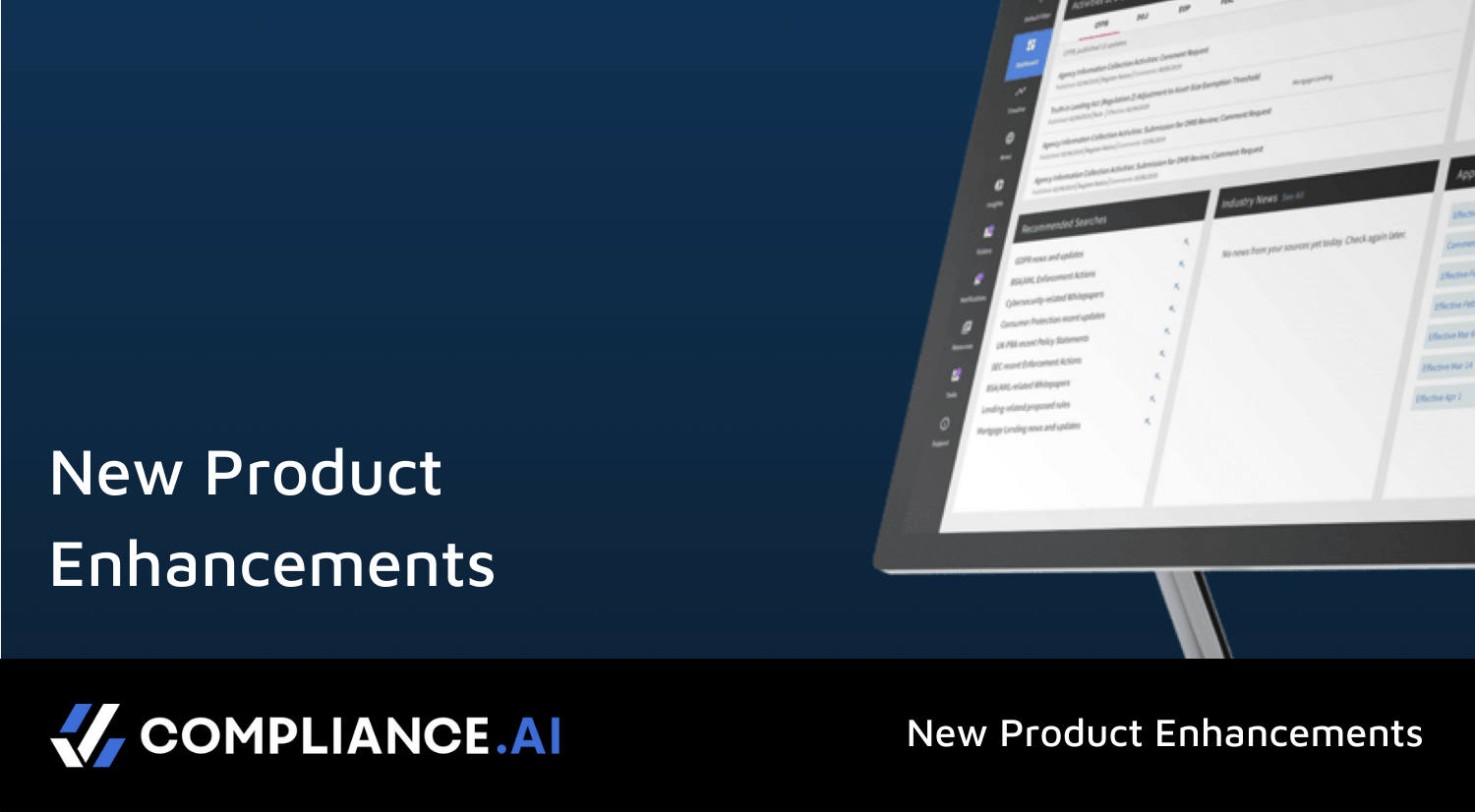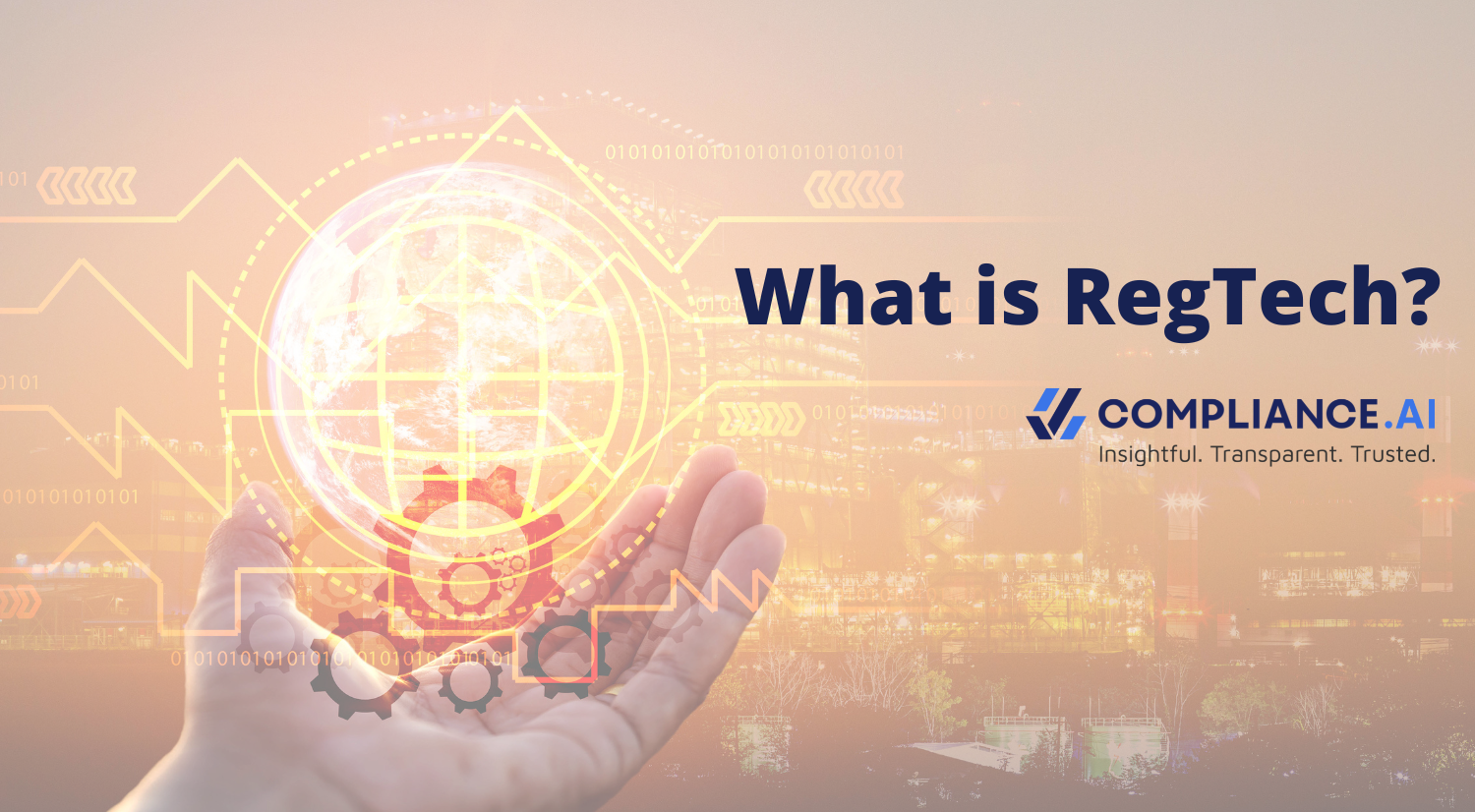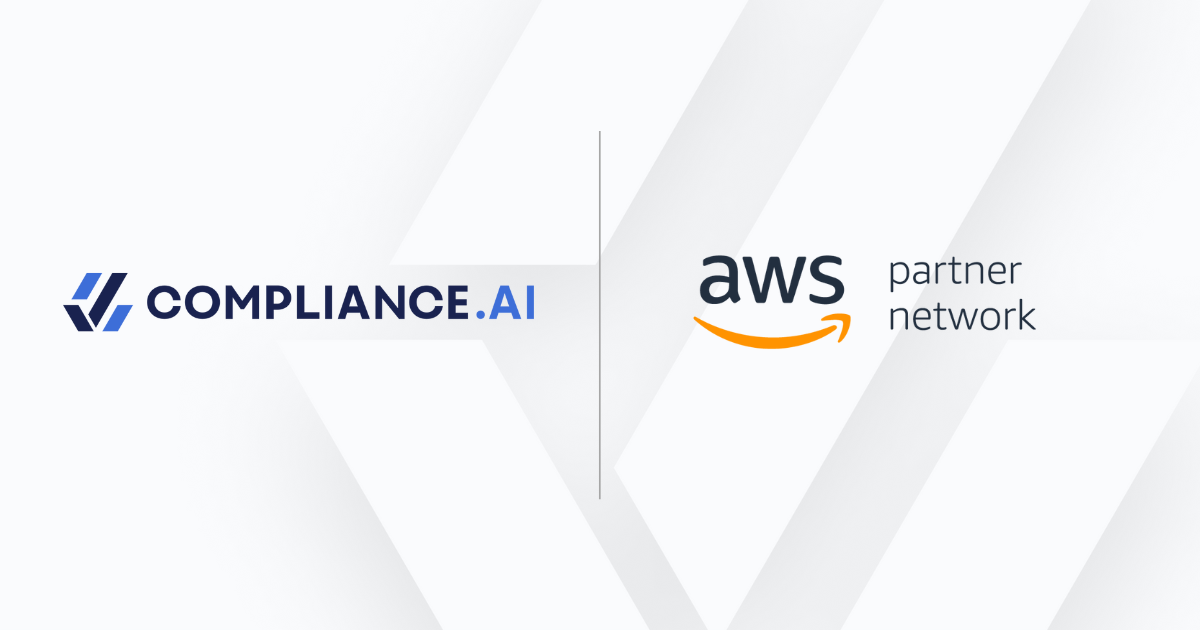For company compliance officers, regulatory enforcement doesn’t take a holiday – even in a global pandemic.
Regulatory enforcement pressures, lower staff headcounts, and changing strategies are changing the shape of corporate compliance as more companies leave legacy-based compliance programs behind and steer towards new-age FinTech- and RegTech- powered compliance teams.
The new era of RegTech compliance takes a giant step away from the manual, centralized processes companies and moves the entire compliance team platform to a technology-based system that favors new innovations like artificial intelligence, cloud computing, and big data-based predictive analytics.
Companies that do make the shift to RegTech for regulatory management typically see faster strategic processing and budget savings in the form of lower costs linked to RegTech-based time and resources spent keeping one step ahead of compliance mandates.
That, however, can also mean compliance teams face new digital-based challenges as new technologies take regulatory policies to places companies have never tread before.
AI, Machine Learning on RegTech Radar
One area that bears closer scrutiny is fulfilling one of RegTech’s most promising initiatives – achieving transparency through AI and machine learning processes on the regulatory front.
As global governments continue to add to and change regulations, mandates and directives, compliance teams may face an uphill battle in automating and improving regulatory processes.
AI and big data strategies are specifically designed to ease that compliance and legal workload, by making the regulatory process more efficient, less costly, and with greater speed toward positive outcomes. As more and more companies turn to compliance – a recent report from Chartis Research states that 70% of companies say they’ve already deployed AI in risk and compliance.
While companies that have started using AI, machine learning and data analytics to streamline compliance efforts, some are finding that internal outcomes stemming from those technological tools don’t always match up with government regulatory mandates.
The reason for this oversight lies with so-called AI black boxes. This from a January 27, 2020 article in Forbes by Kayvan Alikhani, CEO and Co-Founder of Compliance.ai:
Approaches to machine learning tend to be proprietary and black-boxed. Even if the vendor relies on third-party or open-source machine learning tools, many still run the risk of obscuring the view beneath a proprietary layer. This prevents the results from being auditable, explainable and defensible for the compliance team. This could turn into a major problem in 2020 that could hold back much-needed compliance management modernization.
According to Alikhani, AI black boxes don’t take into account that regulators place as much emphasis on process as they do outcomes and workflows. That’s why AI transparency is so vital to company compliance teams that engage using artificial intelligence. This from the Forbes story:
For compliance, AI must be transparent, so you and your regulators understand how your company arrived at a decision. Regulators must also have enough transparency to determine whether or not your processes are sound, secure, repeatable and auditable.
Adding an “Expert” Element
What’s the way out for compliance teams seeking transparency through otherwise highly useful tech tools like AI and machine learning? In a word, providing transparency means just what you think it means, Alikhani says.
Businesses should make sure there are glass doors into AI and machine learning engines to ensure the transparency needed to meet regulatory requirements. With compliance, a lack of transparency can be catastrophic, increasing risks in the event of an audit.
That process is made easier through new RegTech and FinTech innovations like expert-in-the-loop (EITL) AI, which enables compliance teams to put the right humans “in the loop” to gauge data accuracy and effectiveness when running AI and machine learning tests, which can lead to faulty test outcomes, Alikhani notes.
Since regulators are already advocating for automated compliance management, savvy businesses should seek to combine real-world knowledge from human experts with next-generation tools, such as EITL AI, so their businesses can modernize, automate and streamline their overall compliance efforts.
That scenario sets the stage for more efficient use of AI and machine learning, and solve the limitations of black-box AI – all by adding a heightened “expert” element into the compliance testing equation, and allowing human and technological elements to produce not only the best compliance testing results, but the optimal processes and workflows that pass regulatory scrutiny, too.

 Automatically monitor regulatory updates to map to your internal policies, procesures and controls. Learn More
Automatically monitor regulatory updates to map to your internal policies, procesures and controls. Learn More



